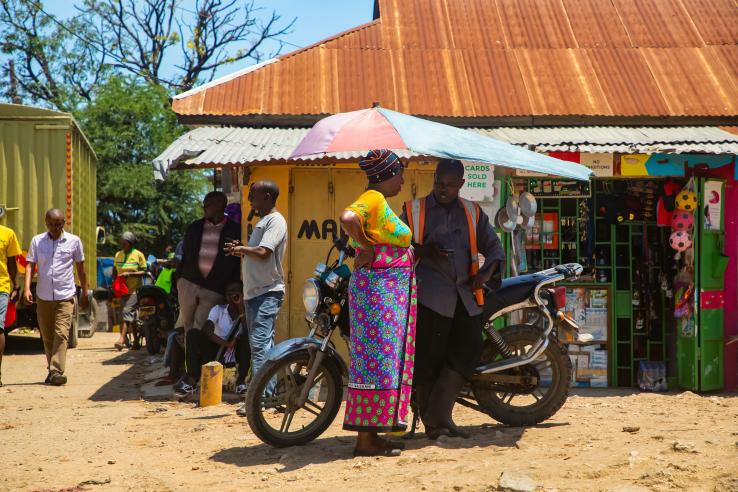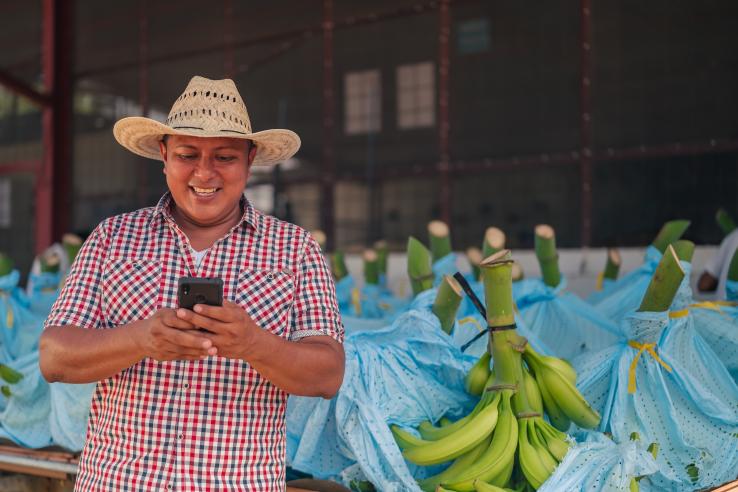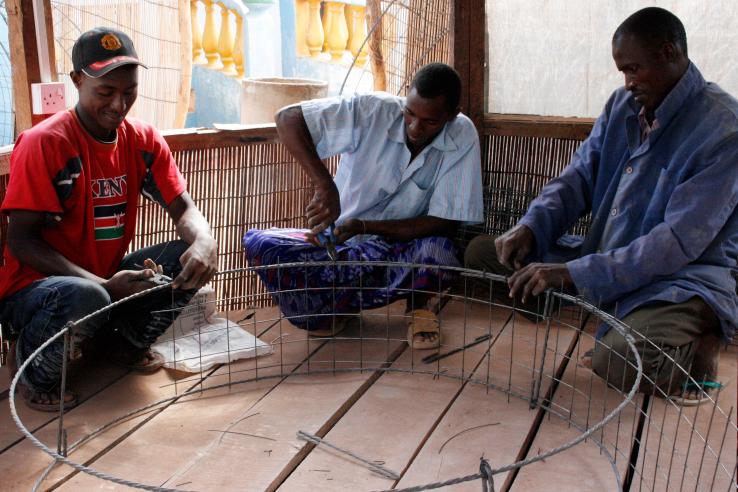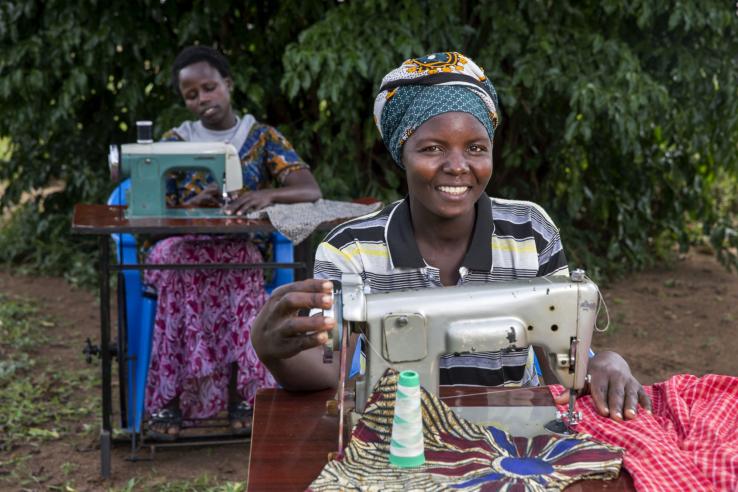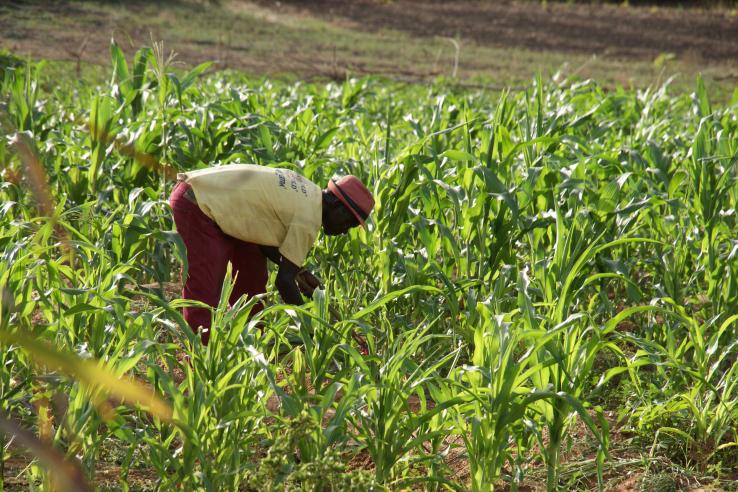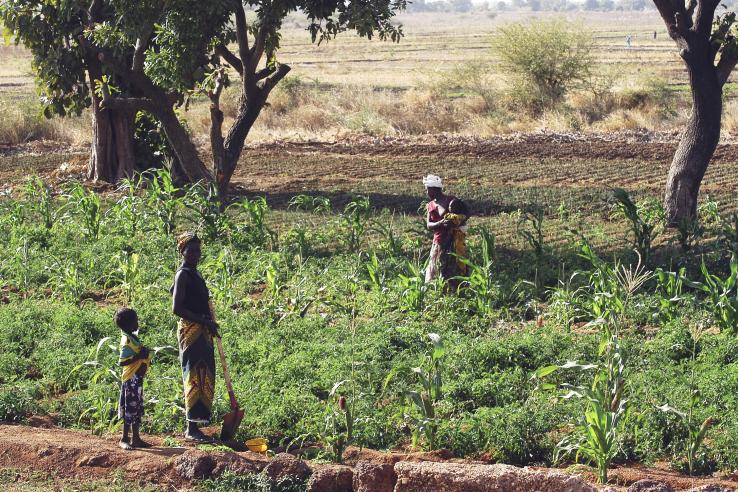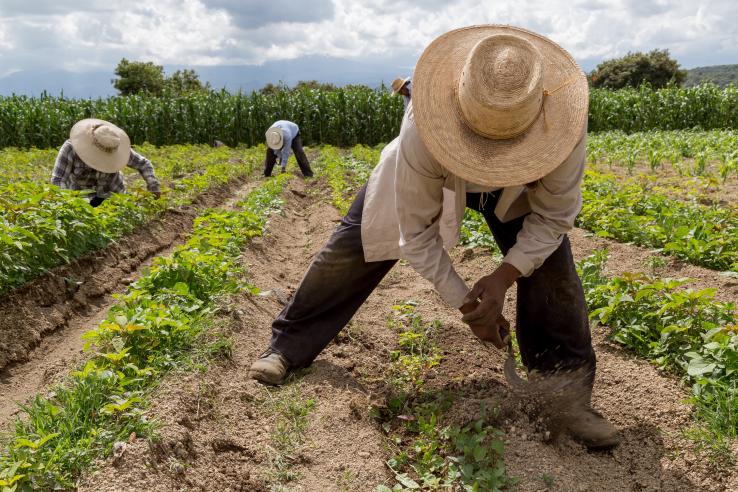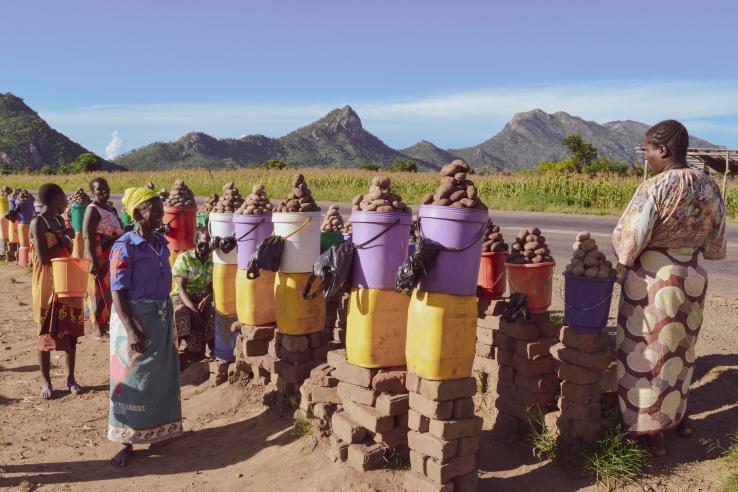Displaying 6091 - 6105 of 8318
Evaluation
Researchers examined whether intra-household risk-sharing mechanisms such as financial transfers between spouses operate efficiently in Western and Nyanza Provinces of Kenya and found that intra-household insurance to protect against economic shocks was inefficient among daily income earners.
Evaluation
Researchers partnered with Banco Agrícola to conduct a randomized evaluation that offered a way for Salvadoran migrants to directly channel some fraction of their remittances into savings accounts in El Salvador. Results indicate that a desire for control over remittance uses—in particular the fraction that is saved in formal savings accounts—was large, and had significant influence on migrants’ financial decision making. The intervention also led to a large in savings, both in the partner bank and elsewhere.
Evaluation
Researchers evaluated the effects of a free health insurance policy and UCTs of the same value on the economic, health, and psychological outcomes of informal workers in Kenya. Participants who received health insurance self-reported reduced stress and had lower cortisol levels; UCTs led to fewer children in the household being sick and reduced overall hospitalizations in the household. Neither intervention had meaningful impacts on economic outcomes or other metrics of health and healthcare utilization.
Evaluation
Researchers evaluated the effect of (a) simple text message reminders and (b) financial incentives on borrowers' loan repayment. These methods had similarly positive effects, which suggests that the text message reminders may be a more cost-effective intervention. The reminders proved particularly effective for younger borrowers.
Person
Person
Person
Person
Person
Person
Evaluation
Researchers in Ghana introduced financial literacy training and crop price insurance to determine their impact on farmers' willingness to take out loans and make long-term investments. Results show that farmers who received the training and insurance were only slightly more likely to borrow and make investments. However, these limited impacts may be in part due to small sample size and high take-up of loans in the comparison group.
Evaluation
Researchers are evaluating the effect of farmer training program that highlights a balanced approach combining chemical fertilizers with labor-intensive agricultural practices on cowpea farmers' yields in Burkina Faso.
Evaluation
In Mexico, researchers conducted a randomized evaluation to test the effect of providing plot-specific or general soil quality analyses and input recommendations, agricultural extension services, and flexible or inflexible in-kind grants on smallholder farmers’ adoption and knowledge of improved practices and fertilizer combinations, yields, profits, and attitudes toward innovation. In the short run, they did not find differences on farmers’ fertilizer adoption when comparing specific and general input recommendations, nor when comparing flexible and inflexible in-kind grants. However, farmers with greater grant spending flexibility had substantially higher adoption of improved practices two years after the intervention ended.
Evaluation
Researchers partnered with a local organization in Malawi to randomly vary the wages offered in a rural cash-for-work program, and evaluate the impact of wages on participants’ willingness to work. They found that nearly three-quarters of participants were willing to perform agricultural work even at very low wages and that wages had a limited impact on most participants’ decision to work.
Evaluation
Researchers examined the effect of radio advertisements on electoral competition through a randomized evaluation and found that radio advertisements that stated the names of both incumbents and challengers, reminded listeners about the date of the upcoming election, and encouraged them to vote increased competitiveness in municipal elections in the United States.
